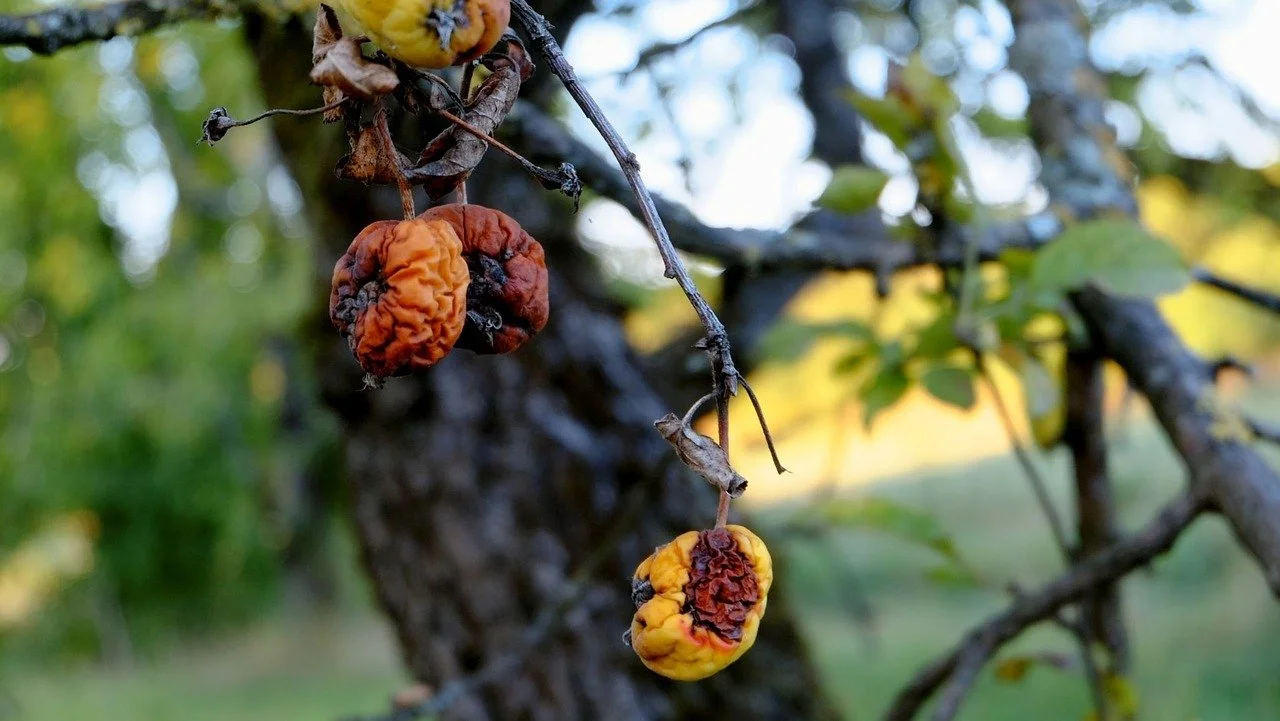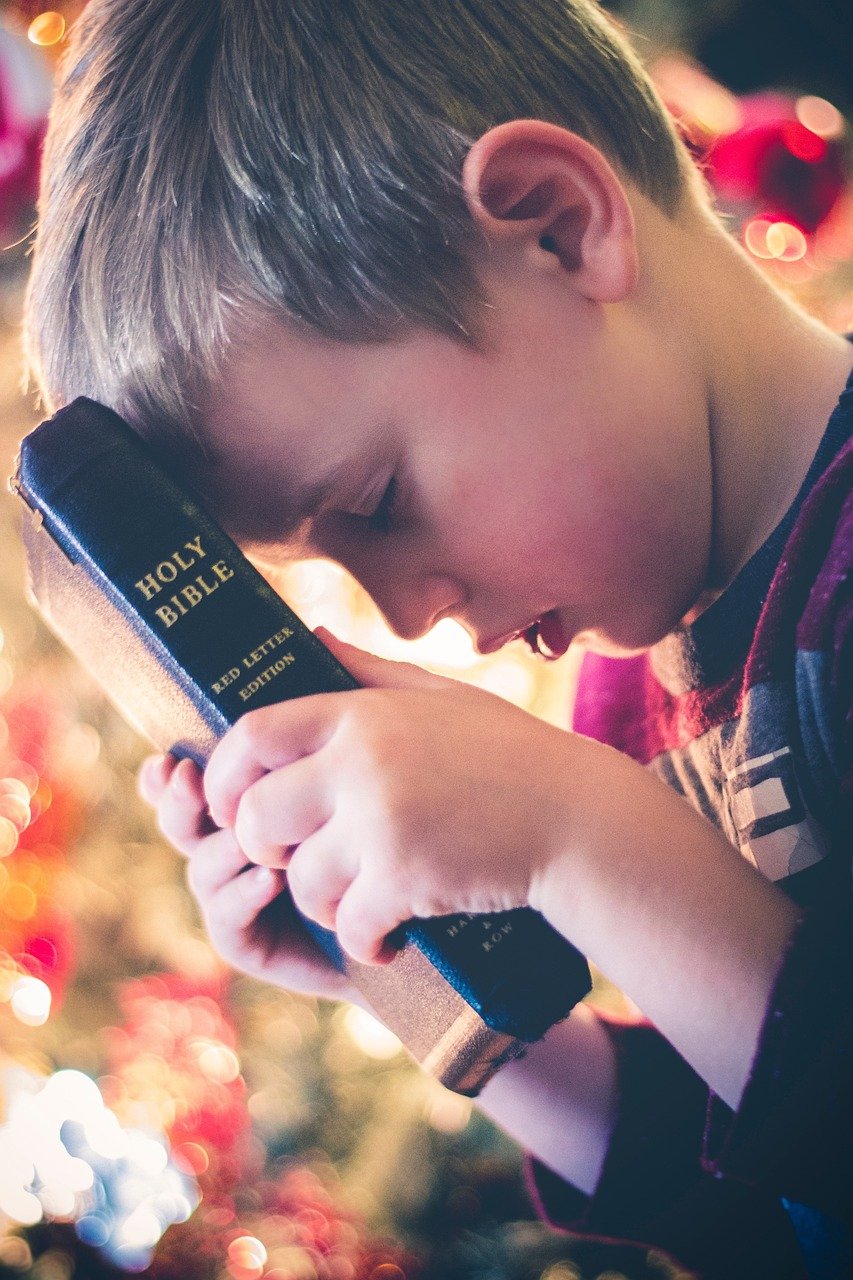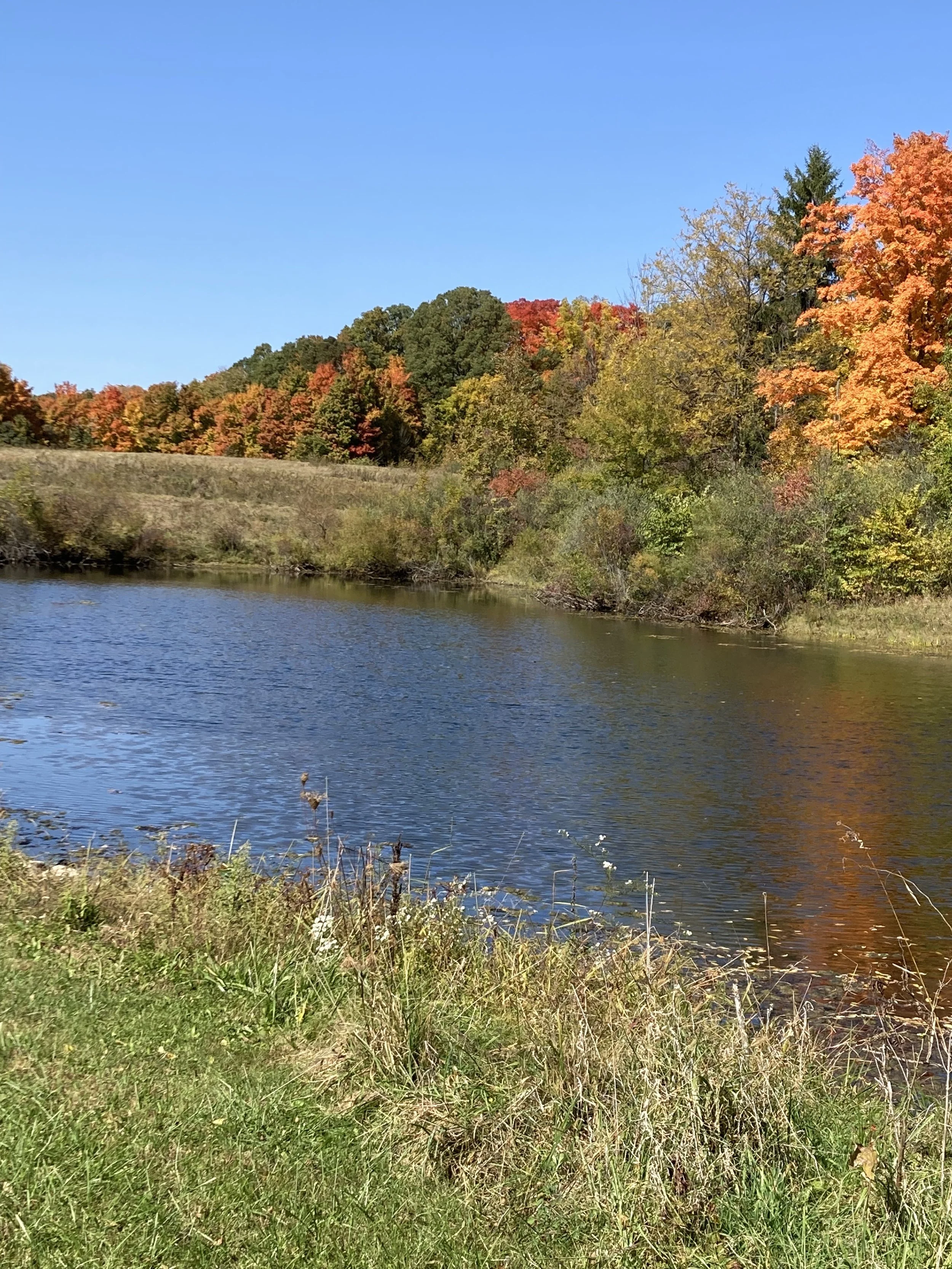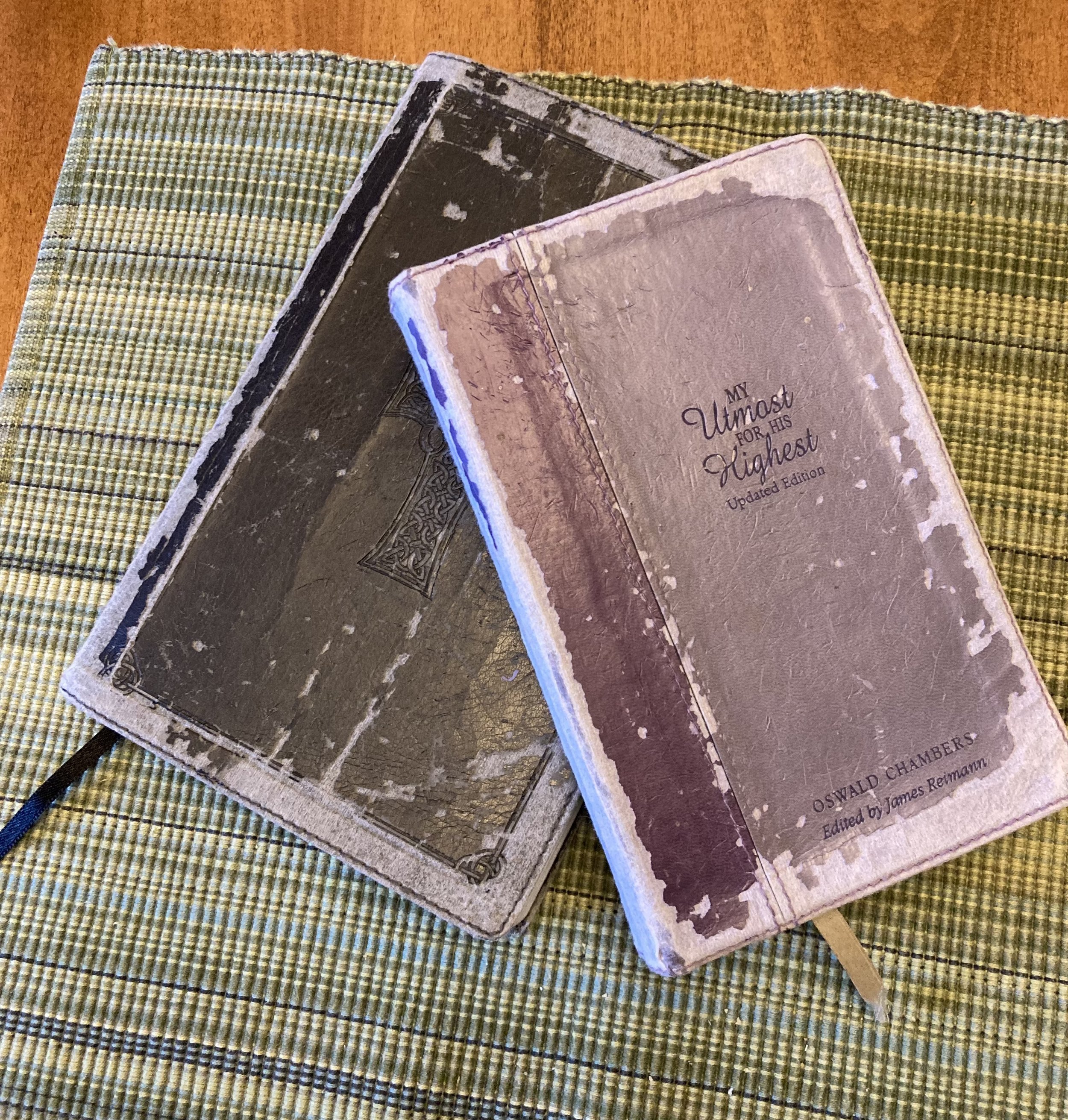Faith Musings: Nothing to Boast About - Part 2
Last week I started a short series revolving around a number of verses in I Corinthians 1. In the first part we looked at verses 18-25. This week I want to continue by directing our thoughts to verses 26-31.
“26 For consider your calling, brethren, that there were not many wise according to the flesh, not many mighty, not many noble;
27 but God has chosen the foolish things of the world to shame the wise, and God has chosen the weak things of the world to shame the things which are strong,
28 and the base things of the world and the despised God has chosen, the things that are not, so that He may nullify the things that are,
29 so that no man may boast before God.
30 But by His doing you are in Christ Jesus, who became to us wisdom from God, and righteousness and sanctification, and redemption,
31 so that, just as it is written, “Let him who boasts, boast in the Lord.””
Let’s work our way through these verses by statements.
Image by Umkreisel-App from Pixabay
For consider your calling…
Paul wants the recipients of this letter to think about their calling. Why is this important? I think we need to remember when, and how God called each of us into a personal relationship with His Son Jesus Christ. I was raised in a Bible teaching church by believing parents, but it was at age 12 that I stepped into the promised land. I recognized my sin, my inability to live life without Jesus, and gave my life to Him. God called me, not like some through a lightening bolt, but more a continuous soft whisper. Everyone’s calling is different. What was yours like? It is good to remember where we came from and what God called us out of.
This is also a challenge to those who have been called to remember, “according to the flesh” there were, “not many wise…not many mighty…not many noble….” In other words we weren’t all that. Ever since the fall of man in the Garden of Eden we have been fighting a battle against the truth. The truth of God says we are nothing without Him. The truth of God says all our righteous works are as filthy rags. The truth of God says that man’s wisdom will never rise above the wisdom of God. In fact, as we look at the next few verses we are struck, once again, it is all about Him.
But God has chosen…
Did you get that? God has chosen. It wasn’t our abilities, or beauty, or wisdom, or might, or power that God chose. Indeed, He is a beautiful study in contrasts. The almighty God chose the foolish things, the weak things, the base things, the despised, and the things that are not. Why did He do this? He could have chosen the best of the best; the bright and beautiful; the pure and holy; the pretty and clean; the popular and well liked, but He chose everything that was not in order to nullify the things that are. He chose the foolish to shame the wise. He chose the weak to shame the strong. He chose the things that were not shiny and perfect - SO THAT - no man may boast before God.
“8 For by grace you have been saved through faith; and that not of yourselves, it is the gift of God;
9 not as a result of works, so that no one may boast.”
Image by Paul Stachowiak from Pixabay
But by His doing…
Here’s the good news…You are in Christ Jesus! Of course, you had to make the choice to believe who God is, who God says we are and who Jesus is, but it has always been God working behind the scenes wooing, drawing, orchestrating, working, sometimes tripping you up and other times washing over you with His lavish love and undeserved mercy. It has always, is always and always will be an act of God that we come to embrace His boundless grace.
In addition, the beautiful perk to this astounding gift is Jesus becomes to us wisdom, righteousness, sanctification and redemption; all of which come from God through His Son. We do not have to worry if we are not wise. We cannot sanctify or redeem ourselves. We cannot make ourselves righteous. All of these things come to us freely when we receive Jesus as our Lord and Savior.
Why?
So That….
“Let him who boasts, boast in the Lord.”































































































